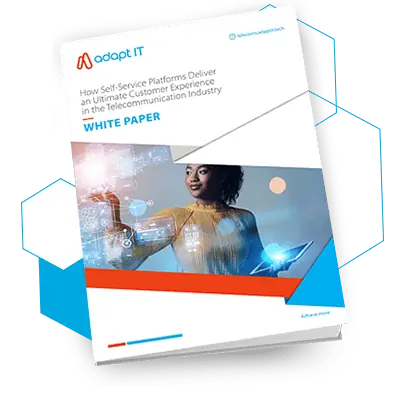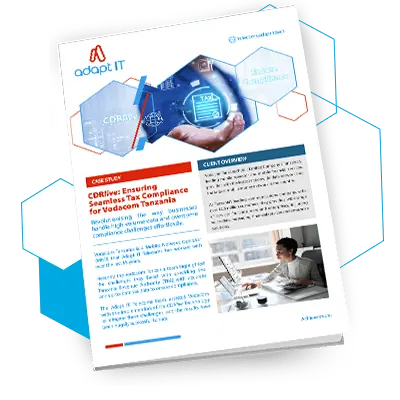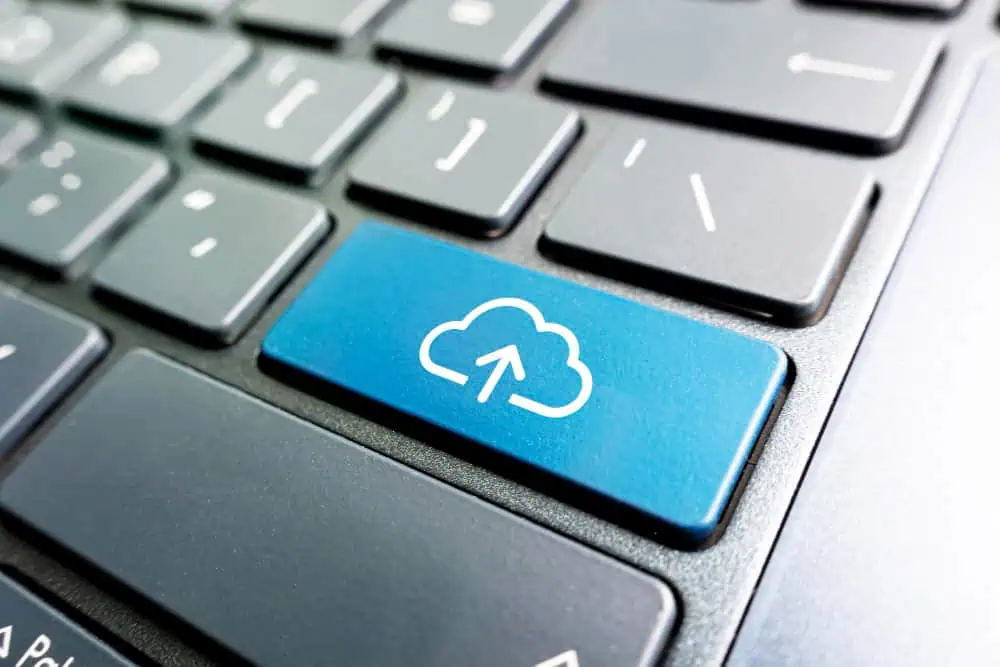COVID-19 has impacted every continent across the globe, and Africa has been no different. Over the past nine months, the global pandemic has brought countries, industries, and businesses to a grinding halt. According to the World Health Organisation, over 47 countries across Africa have been affected, with 1,362,929 cumulative cases and 30,883 COVID-19 related deaths. Many countries in the region have turned to AI and technology to assist in managing and tracking the spread of the virus, with varying degrees of success and encountering several challenges. We examine some of these innovations, the challenges, and the role Telcos have played below.
Table of Contents
ToggleAI innovations tackling the fight against COVID-19 across Africa
Many countries have turned to AI technology to help manage, track, and curb the spread of the virus. This has led to the development of several different AI innovations that aim to lessen the economic and social impact of the virus. Examples of these innovations include:
- CDRlive Engine and Vision Software – developed by Adapt IT Telecoms, this software allows governments to monitor the movements and travel of local citizens, as well as international visitors using Call Detail Record (CDR’s). This software allows for the effective management and tracking of the spread of the virus across borders, and in different countries. All you need is for citizens to have their mobile phones on and switched to roaming. All citizens and visitors are tracked using their mobile numbers, providing full visibility to governments in a non-intrusive way.
- COVID-19 Triage Tool – this, Nigerian-based, free online tool helps users identify their risk based on their symptoms and their exposure history. Depending on the outcome of their assessment, they will be offered remote medical advice or redirected to a nearby healthcare facility.
- WhatsApp chatbot – in March 2020 the South African government launched a WhatsApp chat service using an interactive chatbot to answer common queries about COVID-19 myths, symptoms, and treatment. This platform has reached over 20 million users, is available in five different languages, and is now being rolled out globally.
- Market Garden app – developed in Uganda, this app lets vendors safely sell and deliver their fruits and vegetables to customers while adhering to COVID-19 social distancing restrictions. This has allowed market vendors to continue to earn an income during national lockdowns and restrictions. The app aims to reduce large crowds in market areas by allowing market sellers to use the app to sell, and then motorcycle taxis deliver the goods to customers.
- Opine Health Assistant – this platform was developed in Ghana and collects information from citizens about their possible coronavirus symptoms and location using a USSD shortcode. This is a free platform that can be used on any mobile device, even without data. Dialing the USSD code allows citizens to fill in a form with questions about their symptoms, who they have been in contact with, age range, and travel history. This information is then passed onto the relevant governmental institutions.
Challenges and lessons learnt across the continent
Many of the AI innovations developed in response to COVID-19 have effectively aided in managing the curve, but there have been many challenges and lessons learnt along the way.
Power of mobile and the role of Telcos:
Many countries across Africa have not fully utilized the power of mobile or the tracking capabilities that Telcos could offer. Most of the solutions that were developed were app-based and required the input and buy-in of a user instead of being centered around critical data. This resulted in ineffective solutions and systems.
You may be asking why? The simple answer is that people have a choice to download an app or not. If there are insufficient users there will be a significant impact on the accuracy of the data. If users are somewhere they should not be or do something they should not be doing, they can uninstall the app or just not install it in the first place. For apps to be successfully installed, they also generally require the use of smartphones and data or internet connectivity.
This is a problem, especially in Africa where data is expensive and where smartphone adoption has reached 50% of total connections in 2020, leaving out a large portion of the population. This is where Telcos can play a significant role. Telcos can, with the Adapt IT CDRlive Engine and Vision Software, be used to track the movement of citizens as well as visitors using CDR’s in a non-intrusive way, no matter what mobile phone people have. All tracking is done using CDR’s, and no apps are required. This provides more visibility and is an effective way of tracking and managing movement as well as identifying potential hotspots. This data and information can then be fed to testing stations and other governmental institutions.
Lack of scalable global solutions:
The various AI solutions mentioned above are regionally based. There is a lack of scalable global AI solutions that can be effectively implemented across different regions. The solutions developed should be capable of scaling across different regions with varying degrees of access and connectivity. This requires an understanding of all regions, countries, organizations, and tech experts to come together to create innovative solutions that can be implemented globally.
Difficulty related to intergovernmental institutions and Telco partnerships:
One of the main challenges to overcome is the need to look past business and profit and more towards creating tech solutions and partnerships that are focused on the greater good. In many cases, in Africa and abroad, government officials and organizations look for what they can get out of the situation and base their decisions on this. If partnerships were created with the common goal of flattening the curve, more efficient AI systems and solutions could be developed and implemented, thereby saving more lives.
Another issue that is prevalent in this context is the lack of experience, knowledge, and skills needed to take the data collected from these AI systems and form actionable plans that can be implemented. For example, having a list of citizens who have been in contact with a COVID-19 positive person is useful only if you can communicate with those citizens, let them know that they need to be tested, and track if they do go and get tested. The data is useless unless there is a follow-up plan or procedure in place. This requires different government institutions, Telcos, and businesses to partner and work together to develop solutions that really work.
Future innovation
AI technology continues to impact the African continent, especially in relation to COVID-19. This technology has been successful in assisting countries in educating, tracking, and managing the pandemic, but more can be done. There is a need for globally scalable solutions that can be implemented across regions, and Telcos have a significant role to play in this, as do governmental institutions. When a pandemic like this hits, it requires the development of partnerships and for everyone to look at solutions that benefit the greater good. History dictates that there are going to be more pandemics in the future which is why we need to look at developing effective and practical solutions using the innovative AI technology at our disposal now. This will ensure that we are prepared and able to reduce the social and economic impact of a pandemic like this in the future.
Explore the Power of CDR

Steven Sutherland experienced Adapt IT Divisional Executive, dynamic business leader for their Telecoms Division with a demonstrated 25-year history in the telecommunications and IoT sectors. Strong global marketing, sales, and business development professional with 15 plus years focused experience in the Southern and Rest-of-Africa markets and a unique blend of entrepreneurial spirit combined with a passion for both technology and business.
At Adapt IT Steven is responsible for building and growing the Telecoms Division on top of its industry-proven software competencies including but not limited to Customer Experience and Self Service, NextGen VAS, IoT, FINTECH, and Advanced Analytics. Steven is always looking forward to an opportunity to demonstrate the value that his 20 plus years of experience in these disciplines can bring to your business







